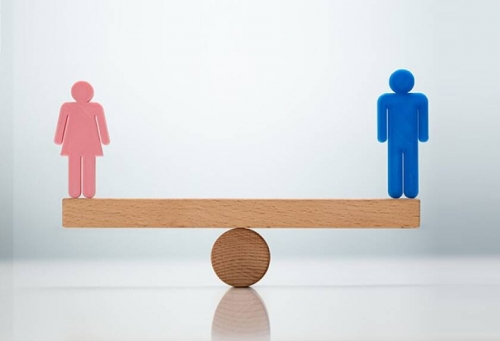Bahrain population ‘heavily imbalanced’
Agencies | Manama
The Daily Tribune – www.newsofbahrain.com
Reported by Julia Cassano
Bahrain currently appears to be facing a skewed gender ratio.
Although the Kingdom’s population increased by 13,000 between 2022 and 2023, 38.1 percent is female, while 61.9 percent is male, according to the latest data.
Although these numbers may seem alarmingly disproportionate, the United Nations claims that by 2050, the worldwide sex ratio is expected to even out. The latest data also says that the countries with the biggest male-to-female ratios are Qatar, the UAE, and Bahrain.
Why do the Gulf countries contain such disproportionate populations? The wide sex imbalances that Gulf countries are facing are mainly due to the large immigrant populations of male temporary workers. Nearly half of Bahrain’s population consists of migrant workers.
Pew Research claims that when the majority of a population is young, this tends to produce more males, as more boys are born than girls. This is more prevalent in countries where sex-selective abortions and female infanticide can contribute to imbalanced sex ratios at birth.
How can a skewed gender ratio impact society?
Studies cite imbalanced populations as dangerous, as in most societies, there are strong social norms and pressures for men and women to find a partner and have children. Therefore, when a population is heavily skewed with more males than females, both genders cannot adhere to those social norms. Studies show that when people cannot adhere to social norms, this may impact their long-term economic prospects.
Also, heavily skewed gender imbalances not only cause frustration amongst those trying to find a partner, but large imbalances in the ratio can become more of an individual problem.
For example, young men are already more drawn to risky behaviour; however, when coupled with frustrations rooted in a predominately male society, their actions can become a greater risk. However, the Pew Research Center says that events like war, famine, or disease could also heavily impact and alter the world’s gender balance, as such events could cause a greater number of deaths for females than males and affect migration trends.
Related Posts

